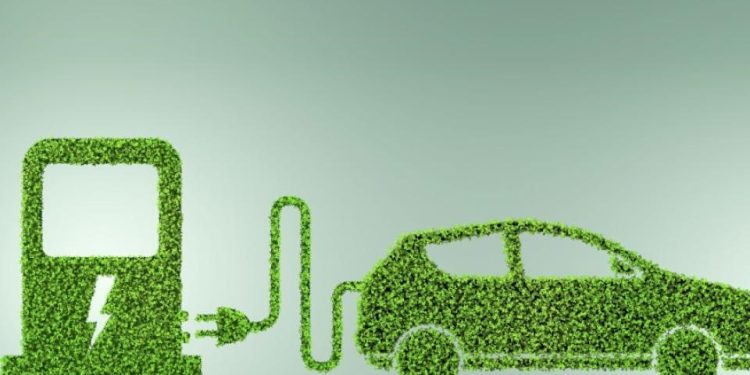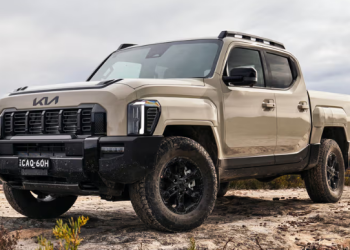In a significant step towards sustainable mobility, the renowned German automaker BMW has announced its plans to manufacture a plug-in hybrid car in South Africa. This decision reflects BMW’s commitment to environmental responsibility and signifies a shift in the automotive industry towards more eco-friendly alternatives.
Shaping the Future of Mobility
BMW has always been at the forefront of innovation, and its foray into producing a plug-in hybrid car in South Africa further underscores its determination to shape the future of mobility. By combining the efficiency of electric power with the convenience of a combustion engine, plug-in hybrids offer a seamless transition towards greener transportation solutions.
Driving Sustainability Through Local Manufacturing
The decision to produce plug-in hybrid cars in South Africa holds multiple benefits. It allows BMW to contribute to local economies by creating jobs and fostering technological advancements in the region. Furthermore, producing these vehicles closer to their target markets reduces the carbon footprint associated with transportation, aligning with the brand’s sustainability goals.
A Win-Win for Efficiency and Performance
Plug-in hybrid vehicles combine the best of both worlds – electric and internal combustion engines. The electric motor provides emission-free short commutes, while the traditional engine ensures extended range and high-performance capabilities. This combination reduces fuel consumption and offers drivers a versatile and efficient driving experience.
Paving the Way for Electric Infrastructure
BMW’s initiative in South Africa will catalyze the country’s electric infrastructure development. The production of plug-in hybrids will necessitate establishing charging stations and maintenance facilities, thus encouraging the growth of a sustainable ecosystem that supports electric and hybrid vehicles. This move aligns with global efforts to reduce fossil fuel dependency and combat climate change.
Meeting Evolving Consumer Preferences
As environmental awareness rises, consumers increasingly seek greener alternatives without compromising quality and performance. BMW’s decision to produce plug-in hybrid cars in South Africa addresses this demand, offering eco-conscious consumers a premium driving experience while minimizing their carbon footprint.
In conclusion
BMW’s decision to manufacture plug-in hybrid cars in South Africa marks a pivotal moment in the automotive industry’s shift towards sustainability. By combining innovative technology with eco-conscious manufacturing practices, BMW caters to evolving consumer preferences and contributes to the global pursuit of a greener future. This move sets a commendable example for other automakers as the world collectively accelerates toward a more sustainable mode of transportation.





